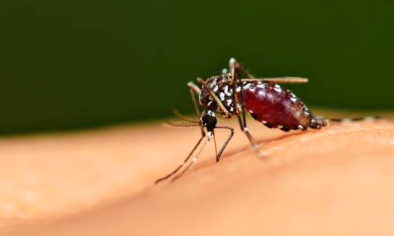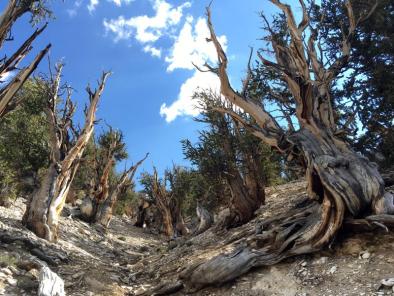Science Source
Global imprint of climate change on marine life
- Synthesizes all available studies of the consistency of marine ecological observations with expectations under climate change
- Analysis yields a meta-database of 1,735 marine biological responses for which either regional or global climate change was considered as a driver
- Finds from this database, 81–83% of all observations for distribution, phenology, community composition, abundance, demography and calcification across taxa and ocean basins were consistent with the expected impacts of climate change
- Finds that of the species responding to climate change, rates of distribution shifts were, on average, consistent with those required to track ocean surface temperature changes
- Does not find a relationship between regional shifts in spring phenology and the seasonality of temperature
- Finds that rates of observed shifts in species’ distributions and phenology are comparable to, or greater, than those for terrestrial systems
- Finds the mean rate of species shift was 72 kilometers per decade, with some highly mobile or dispersive organisms expanding at rates up to 470 kilometers per decades
Related Content
Headline

Nov 1, 2017 | Independent.ie
Malaria mosquito species found in Ireland
Headline
Sep 21, 2017 | Thomson Reuters Foundation
Iceland reaps riches from warming oceans as fish swim north
Science Source
| Global Change Biology
Leap‐frog in slow‐motion: divergent responses of tree species and life stages to climatic warming in Great Basin sub‐alpine forests
Smithers, Brian V., North et al
Headline

Sep 14, 2017 | AP News
Scientists: Future of oldest tree species on Earth in peril


